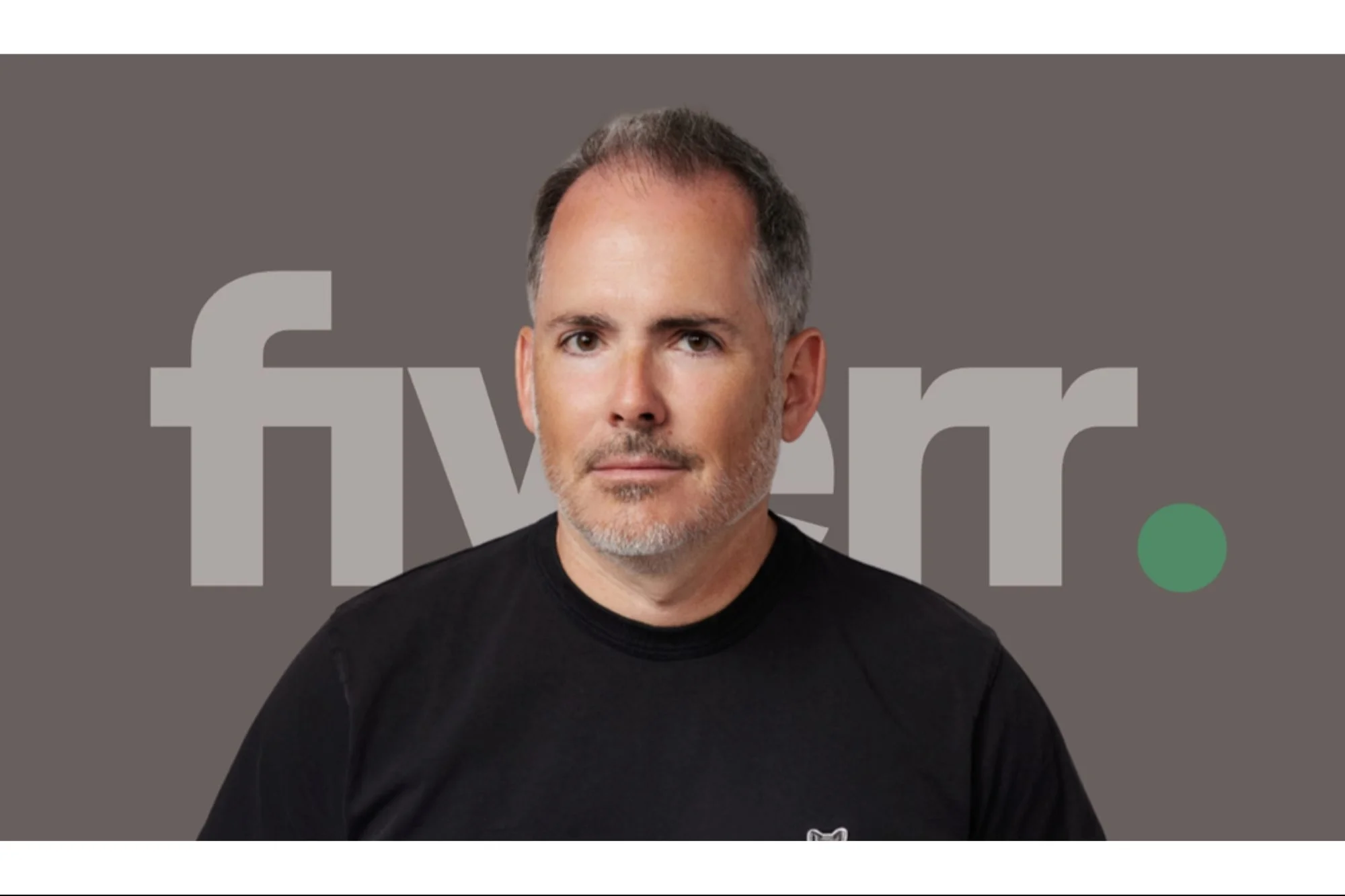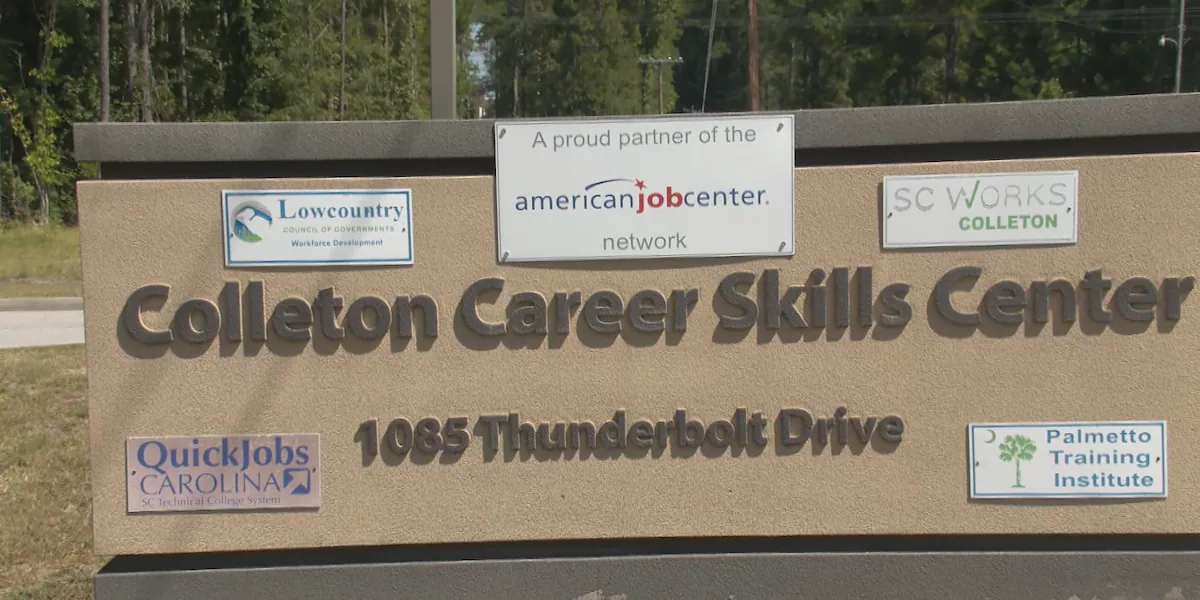
Fiverr was founded on a bold idea: that services could be productized and sold as easily as products. Fifteen years later, the company has become a global marketplace relied on by millions of freelancers and businesses. Now its founder and CEO, Micha Kaufman, is making another bold move, one that turns disruption inward.
Fiverr announced it will reduce its headcount by 250 employees. To some, layoffs are a sign of retreat. Kaufman frames it differently: as an unapologetic decision to re-architect Fiverr around leaner teams, flatter structures, and AI-focused infrastructure. He sees it as the only way to ensure that Fiverr remains at the forefront of work in a rapidly changing world.
“Technology never slows down,” Kaufman says. “If you want to stay ahead, you can’t just build more layers on what you already have. Sometimes you need to go back to startup mode and build again, faster and simpler.”
From Skepticism to Conviction on AI
When AI first burst into mainstream attention, Kaufman admits he was cautious. “At first, a lot of what we saw was not production-ready,” he recalls. “Fun tools, but not fundamental.” That changed once Fiverr began embedding AI internally.
Projects like Neo, Fiverr Go, and Dynamic Matching proved to him that smaller AI-native teams could deliver more than larger groups working in traditional ways. AI-driven fraud detection began catching threats at scale. Customer support resolution times dropped. Marketplace matching improved.
“Once you see that pattern, you can’t ignore it,” he says. “It stops being hype and becomes a new standard. You realize you need to reorganize the entire company around it.”
The Burden of Hard Decisions
Cutting 250 jobs is not a move any leader takes lightly. Kaufman is direct about the responsibility. “Leadership means making decisions that others might avoid,” he says. “This was one of the hardest decisions in my career, but also one of the most exciting. We’re not shrinking, we’re unplugging the machine to reboot it to move faster.”
He describes the decision as a reset rather than a downsizing: an intentional shift to embrace startup agility. The plan: leaner teams, closer collaboration, and “10x productivity” as the benchmark. It is not about doing the same work with fewer people, but about redesigning the work itself with AI as a multiplier.
Measuring Impact
Fiverr is pairing the restructuring with financial discipline. The company reaffirmed its Q3 and FY25 guidance and announced that its long-term adjusted EBITDA margin target of 25 percent would be achieved in 2026, a year ahead of schedule.
Some of the savings will be reinvested into AI and growth, while the rest will flow to profitability. That clarity is designed to reassure investors. Kaufman knows that analysts would want more than a vision. “We’ll be judged by results,” he says. “That’s why we’re committing to profitability targets while we build.”
The Human Side
The most difficult aspect, Kaufman admits, is the people leaving. “Fiverr has always had a strong culture, and we don’t take anyone’s contribution for granted,” he says. The company is offering severance, extended healthcare, and career transition support.
For those staying, the promise is a return to closeness and speed. Kaufman himself expects to work more directly with teams, echoing the early startup years. “We’re not starting over,” he insists. “We’re building on what we’ve achieved, but we’re doing it differently.”
Protecting the Community
For Fiverr’s millions of freelancers and buyers, the company commits that services will continue without disruption. Kaufman stresses that the platform is not slowing down but evolving. “Rest assured that your business on Fiverr won’t be impacted,” he told the community. The goal, he explains, is to make the marketplace smarter, more efficient, and ultimately more valuable for its users.
He frames AI not as a threat to freelancers but as an opportunity. As automation eliminates routine tasks, demand for higher-level, creative, strategic, and technical work will increase. “Our mission to democratize access to opportunity is unchanged,” he says. “AI is simply a tool to extend that mission further.”
A Broader Context
Fiverr’s move comes in a wave of AI-related restructurings across the tech industry. Dropbox, Workday, SAP, and Intuit have all reshaped their organizations to invest in AI, often combining layoffs with bold product ambitions. Some were praised for clarity and profitability, others criticized for vagueness.
Kaufman is determined for Fiverr to fall in the first category. He bets that combining financial discipline with a cultural reset and visible AI proof points will place Fiverr in the group of companies that reinvent themselves successfully.
Looking Ahead
Asked how he hopes this moment will be remembered, Kaufman pauses. “I hope people will see it as the moment we chose reinvention over comfort,” he says. “Fifteen years ago, we disrupted the way people work. Today, we are disrupting ourselves, so we can continue to lead in the AI era.”
He knows the path is steep, but Kaufman doesn’t seem to flinch. “Enduring companies are not built by avoiding hard choices. They are built by making them. That’s what leadership means.”



